
5 Steps to Keep Your Credit Card Safe When Shopping Online
Published July 22, 2025
•
Last updated July 22, 2025
5 min read
With a couple of scrolls, clicks, and taps you can use credit cards online to shop for groceries, clothing, and electronics.
That said, when purchasing from countless cyber-stores, are your transactions safe?
In short, as with most security measures, it all depends on your discretion.
To help you out, we’ve carefully curated 6 steps to keep your credit card safe when shopping online.
Keep Your Internet Connection Private and Secure
Let’s start with where you’re doing your browsing and buying.
Using a private and secure connection when using your credit card to shop online is essential. This means steering clear of making purchases on public computers, devices or internet connections in settings like libraries, coffee shops, lobbies, or on transportation.
If you’re only browsing, then these internet hubs are typically fine for creating wish lists and piling up a cart, but it’s best to save the actual buying for when you get home.
Of course, a common suggestion when using public computers is to ensure you sign off and out of any accounts once you’re finished, but even then, sneaky spyware could be leaking your personal and financial information to hackers.
While bringing along your own laptop is better than using communal alternatives, public Wi-Fi is still risky. For extra protection, consider using a VPN or a private personal network while out and about. If public Wi-Fi is your only option, stick to secured networks that require a login, password, or a terms and conditions agreement.
Investigate The Source of The Site
Whenever you see someone post, direct message, or email you a link to a storefront, always investigate both the URL and the merchant before clicking on any links.
Safe sites usually have URLs that begin with HTTPS instead of HTTP, indicating that the link is most likely secure. Still, do your due diligence and proceed with caution as there are still HTTPS cases where your safety isn’t guaranteed.
As for merchants, even if the link suggests that it will lead you to a recognizable brand, check for typos and do a quick search of the company’s official website to make sure the URLs match. If the merchant is new to you, it’s best to do some research on the brand to make sure it’s legitimate, like looking for verified customer reviews.
Purchasing from fraudulent links can lead to stolen credit card information and illegitimate purchases.
Tack On Added Security
Wherever you can, whether it's on your laptop or another mobile device, opt for added security measures like paying via a third-party digital app like Apple Pay or Google Pay, both of which hide your credit card information from retailers.
Additionally, digital payment platforms like PayPal help users make secure online transactions that are both encrypted and supported by Buyer Protection.
You can also install cybersecurity softwares that will protect you against viruses, implement VPNs, and alert you to unsafe websites.
Take Advantage of Your Credit Card’s Security Features
You can also expect ample protection from within your credit card company.
Cardholder security typically includes:
- Fraud Protection: Included in some form on most credit cards while top credit card issuers tend to offer zero liability protection – which protects you against financial loss by ensuring you won’t be held accountable for fraudulent transactions.
- Two-Factor Authentification: Provides double-shielded protection against potential hackers, adding an additional step to the sign in process like sending a text or email for confirmation.
- Account Alerts: An available setting that notifies you when a transaction has taken place so you’ll know immediately if suspicious activity occurs.
Implement Strong and Unique Passwords
These days, with countless subscription services, social media accounts, and billing platforms it’s hard to keep track of all of your passwords. Still, this doesn’t mean they should be too easy. Yes, we’re talking birthdays, pet names, and the infamous “password 1-2-3”. To keep hackers out and your financial information safe, you’ll want to opt for something a little more complex.
Once you’ve thought of a secure password, tuck it away inside of a notebook – preferably a real one with paper, not your mobile notes app (this makes hacking as simple as copy and paste).
Maintain and Monitor Frequently
Oftentimes, security takes consistence.
To keep your credit card safe when shopping online, you’ll want to practice routine maintenance and monitoring measures.
For example, consider:
- Changing your passwords frequently
- Updating apps, browsers, and anti-virus platforms routinely
- Reviewing your credit card statements for unusual activity
- Ensuring you contact information is accurate in case your issuer needs to reach you
Conclusion
Online shopping is one of the most convenient ways to purchase products, so you shouldn’t let the threat of credit card fraud scare you.
To keep you confident and vigilant, stick to these 6 steps to keep your credit card safe when shopping online, including making purchases on private and secure internet connections, investigating URLs and merchants, opting into added security measures, using your card’s built-in security features, creating strong passwords, and frequently maintaining and monitoring your credit card account.
Need a card to start safely stuffing your digital cart? Check out our Best Credit Card Finder tool.
Trending Offers
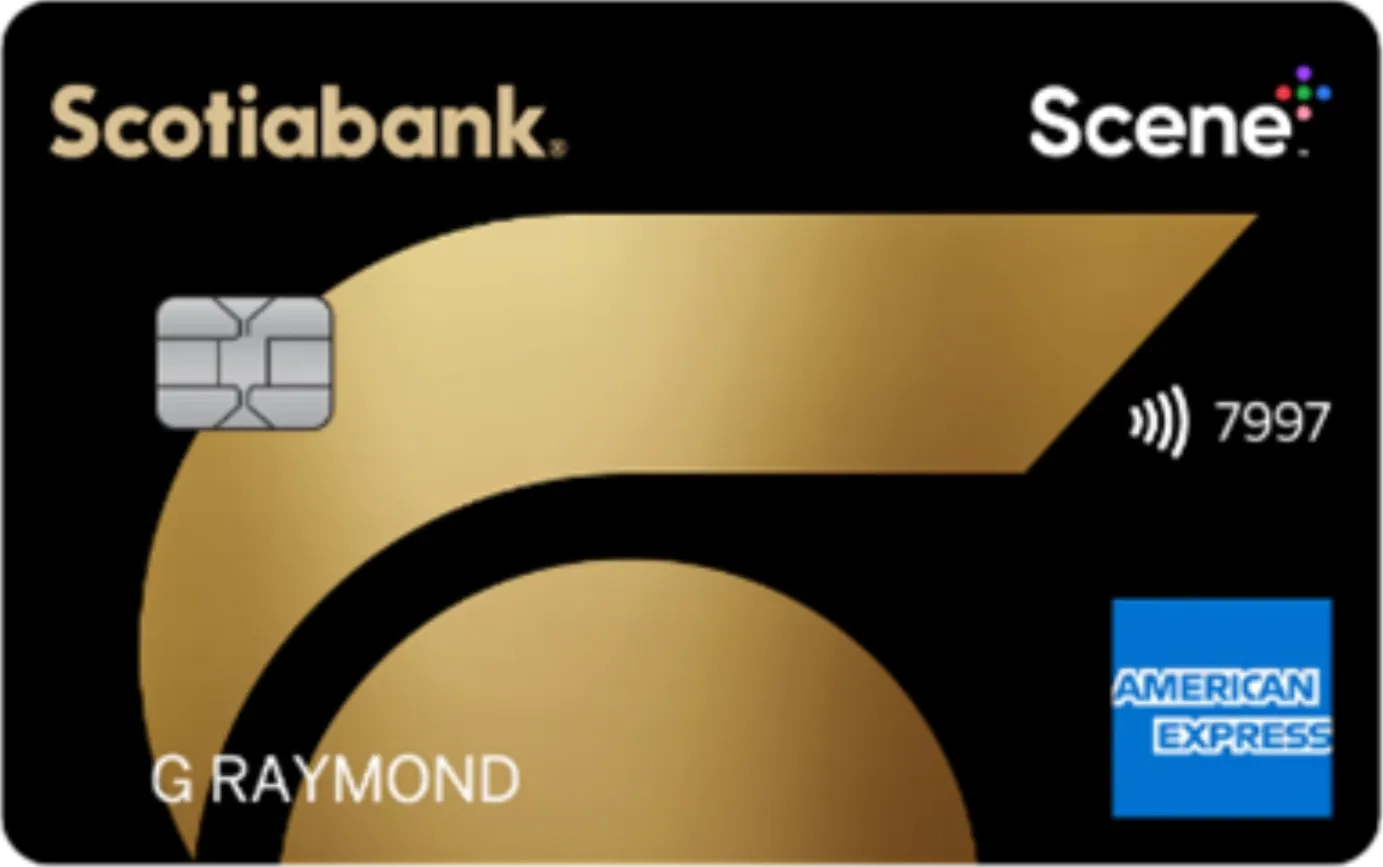
Scotiabank Gold American Express® Card
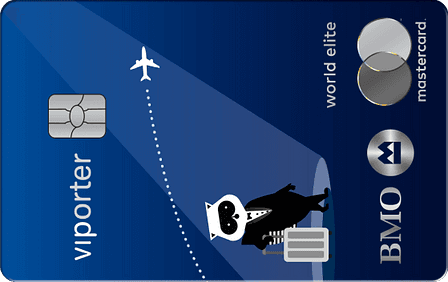
BMO VIPorter World Elite Mastercard®∗
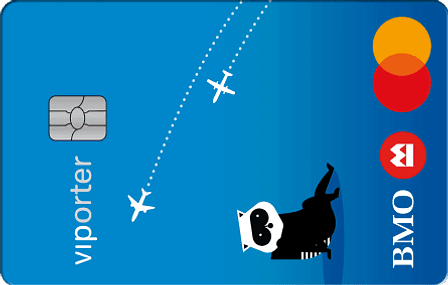
BMO VIPorter Mastercard®∗
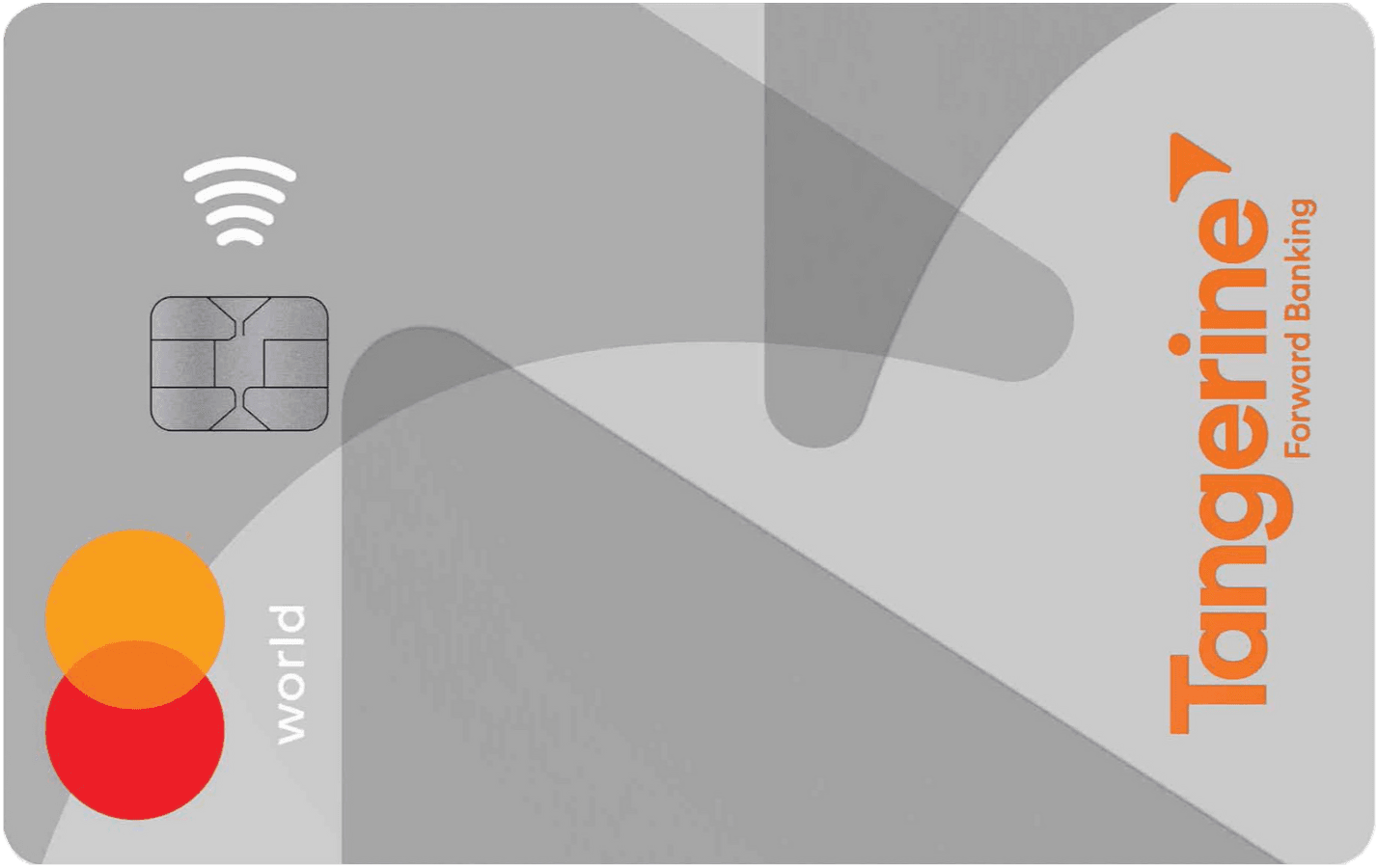
Tangerine World Mastercard
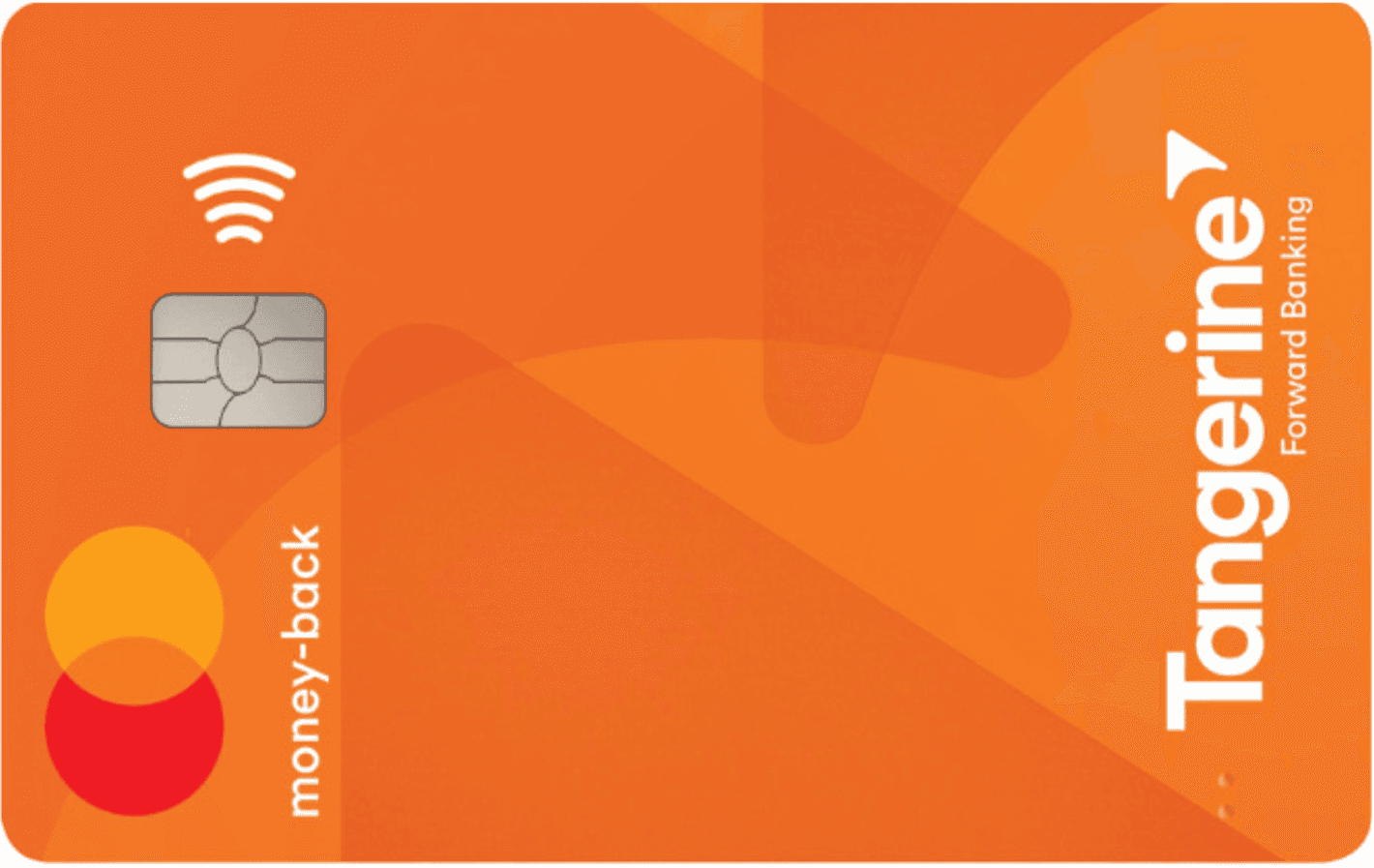
Tangerine Money-Back Credit Card
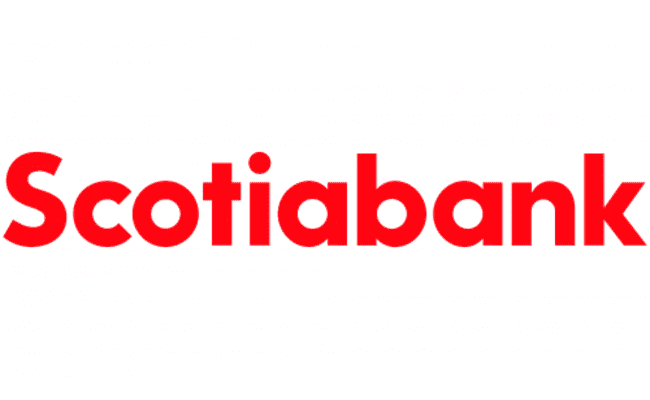
Scotiabank Preferred Package Chequing for Student and Youths